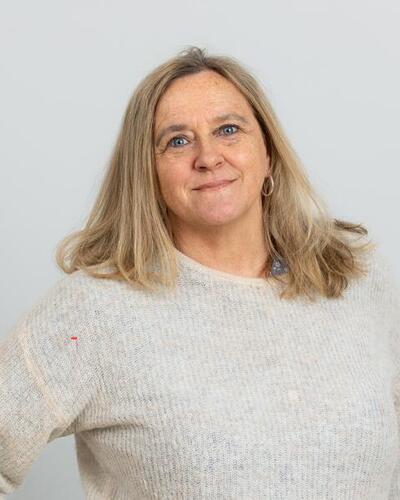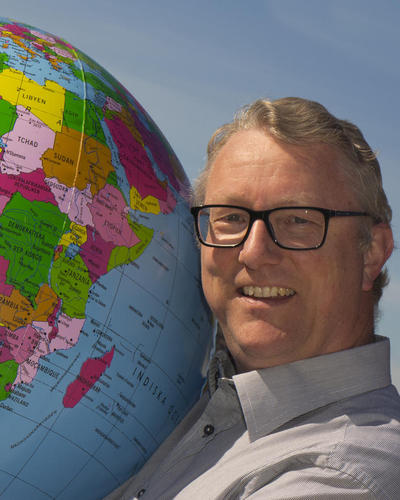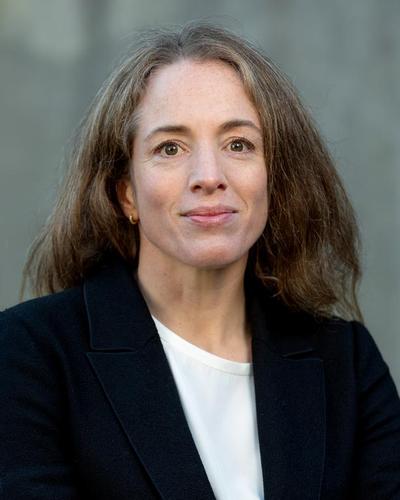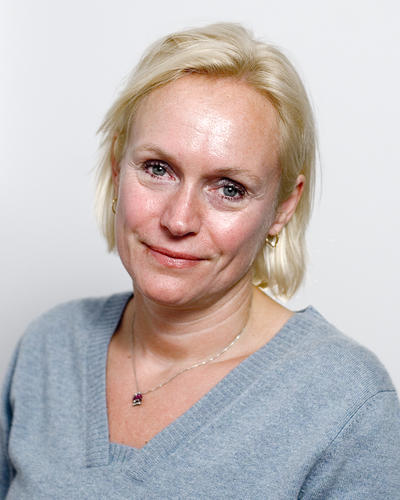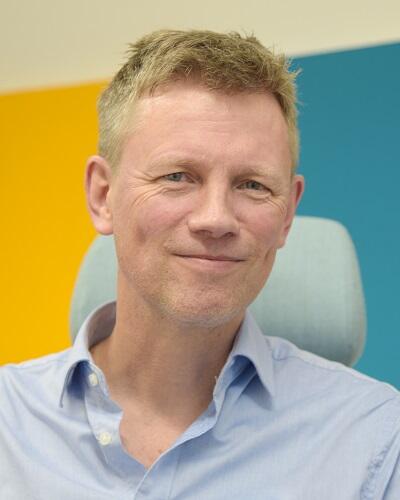Five parallel courses

Main content
The Millennium Development Goals (MDG) sparked much research, spanning a wide range of disciplines, and drew attention to neglected social issues. However, given the current challenges posed by climate change, it is legitimate to ask whether or not they have been helpful (enough) in creating good strategies for sustainable development?
The United Nations stresses the importance of research and higher education institutions for a post-2015 agenda. New knowledge, critical assessments, and scientific methods must inform discussions on what should follow the MDGs. These new “Sustainable Development Goals” (SDG) provide the framework for the scientific courses and discussions at the Bergen Summer Research School in June 2015.
Moreover, at BSRS2015 we acknowledge the complexities involved in both addressing and solving the challenges inherent in the eventual implementation of the SDG. Hence, we will cross both disciplinary boundaries and geographic borders, by bringing together an international panel of researchers and PhD candidates from the natural and social sciences as well as from the humanities and law.
Critical analyses, creative solutions and open debate are all welcome here! In addition to the courses, 10-12 roundtables will be arranged, where scholars from the different courses meet for even broader discussions with policy-makers and representatives from various sectors of society.
The BSRS 2015 will be organised in five parallel courses aimed at PhD students and junior scholars. They will all be held in English.
Paper presentations at BSRS will be ECTS credited.
Below is a preliminary presentation of the courses:
Inequality and Governance
Inequality and Governance: Challenges for inclusive sustainable development
The aim of this course is to critically reflect on the challenges of inequality and governance in the context of sustainable development, and the potential role of the Sustainable Development Goals as a means to advance a sustainable development agenda. The course will be structured around key development challenges linked to political and economic inequality with a combination of theoretical and empirically focused lectures, as well as panel debates between invited speakers. The course emphasises the interconnections between political and economic inequality, focusing on inequalities between nations and regions as well as within nations.
Course leader: Professor Lise Rakner, UiB
Maternal and Child Health
The Unfinished Agenda of Maternal and Child Health: Research to accelerate progress
One of the successes with the Millennium Development Goals has been the dramatic reduction in maternal and child mortality over the last decade. Yet, still around 300 000 women and 6 million children die every year, which has been characterised as 'the unfinished agenda of maternal and child health'. Along with resource mobilisation and advocacy for further efforts to decrease maternal and child mortality, this course will focus on current research methods to identify and assess the best ways to improve maternal and child health.
Course leader: Professor Thorkild Tylleskär, UiB
Future Energy Landscapes
Future Energy Landscapes
Access to energy is key to support social and economic development and reach the Millennium Development Goals. More than 1.2 billion people do not have access to electricity and almost half of the world’s population is depending on traditional biomass for cooking and heating. Achieving universal energy access while limiting CO² emissions and fostering sustainable development depends on the deployment of a range of energy sources and technologies. The objective of the course is to analyse our current energy situation, technologies for achieving a sustainable energy future, and the role of political framework conditions.
Course leader: Professor Inga Berre, Department of Mathematics, UiBSDG and Cultural Transformation
SDG and Cultural Transformation
In this course we will reflect upon overlaps, contestations and interfaces between tradition and reform, continuity and transformation, as constituted in the form of cultural and religious practice and discourse. It will explore practical, linguistic and rhetorical properties of the cultural ‘transformations’ prescribed by leading global actors as, for example the UN report A New Global Partnership: Eradicate poverty and transform economies through sustainable development, published in 2013.With the aim of analysing the argumentation and actions prescribed regarding sustainable development and the concept of transformation, the course provides a combined linguistic, discursive, historical and practice-oriented approach.
Course leader: Associate Professor Anne Bang, UiB
Sustainable Development Targets for Health
Sustainable Development Targets for Health: Normative foundations, measurement and country challenges
This course will critically discuss the historical background and normative foundation for holding national and international actors accountable for development through universal goals and targets. Lectures and debates will provide detailed knowledge about summary measures of population health and how they can be monitored; and introduce, through student participation, country experiences and challenges on the path towards sustainable development goals for health.
Course leader: Professor Ole Fritjof Norheim, UiB
